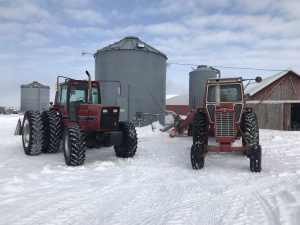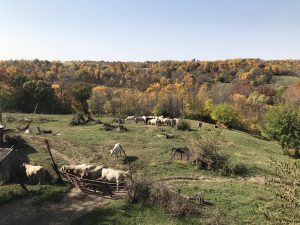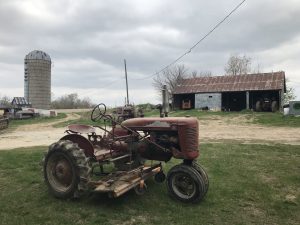What’s next?
This last year was a fun time to be in ag, clear steady markets, rationale, well-reasoned trade policy and commitments to long term markets that allow farm operators to make plans that invest in their own success and communities. Labor ...
Read More IP ya you know me.. buy my scanner.
Intellectual property rights continue to play a role in ag that is oftentimes forgotten about entirely. Intellectual property protection improves crop quality substantially and profitability. It helps create branding and provides new tech to the industry. Patents, Plant Variety Protetion ...
Read More Why life estates are tricky, yet again.
No secret here, I am not a fan of life estates. This is a division of real estate between a person who gets occupy use and collect rents (and pay property taxes and not destroy the property) called life estate ...
Read More Govern yourself accordingly
I had a whole thing on estate planning but as is the want of the fed, they passed a medium sized, somewhat attractive law that has people’s attention, as it should. So, we will shelve the SNOT Wars discussion for ...
Read More Land Grab, Cash Grab, People Grab, and repeat.
Name an asset class that is guaranteed by the US government to have a rate of return. Land. Between crop supports and crop insurance subsidies, the government will guarantee that an investor in land has a return if they know ...
Read More 





